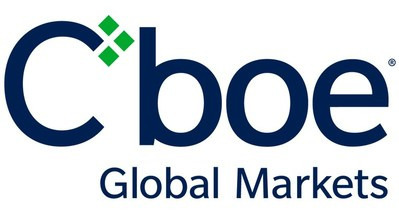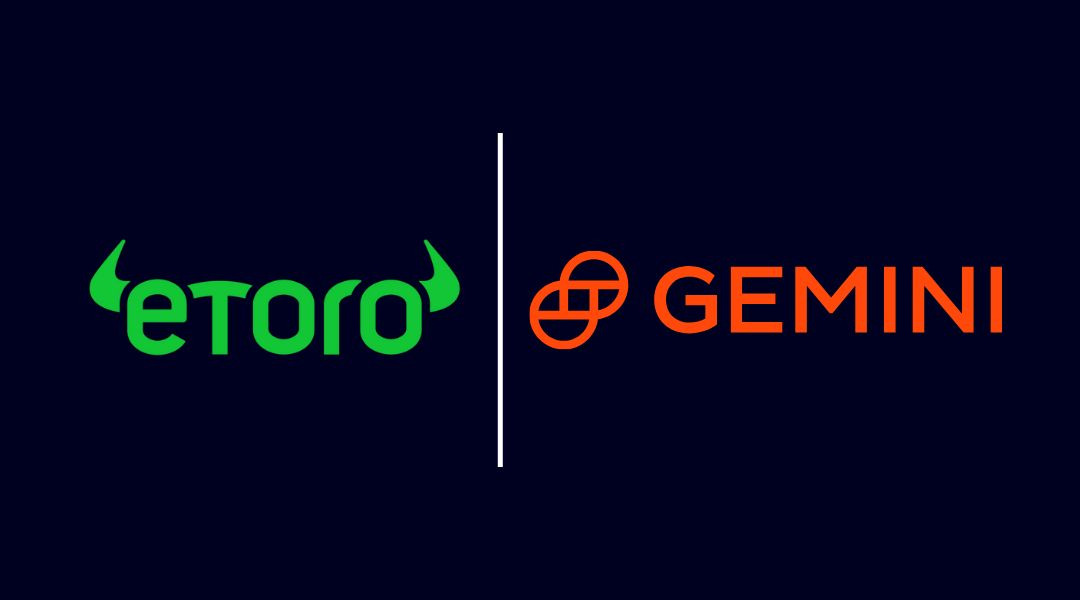The Financial Services Commission (FSC) of South Korea announced today (Wednesday) that it has approved the creation of a nonprofit organization aimed at protecting virtual assets for consumers in the event that a cryptocurrency exchange goes out of business.
FSC Establishes Asset Protection Foundation
The organization, provisionally named the Digital Asset Protection Foundation, will be responsible for ensuring the safe return of virtual assets from defunct exchanges to their rightful owners, according to the FSC.
The commission stated that it has been making continuous efforts to guarantee the security of user assets if a cryptocurrency exchange ceases operations or is forced to shut down.
The FSC noted: “However, there exist concerns over the protection of assets as the return process often takes an extended period of time due to failures to contact the operators of (closed) exchanges or users failing to claim their assets.”
Meanwhile, South Korea has postponed the implementation of taxes on cryptocurrency gains until 2028, as reported by Finance Magnates. The government originally intended to introduce a 20% tax on profits over 2.5 million won ($1,875) starting in January 2023.
This deadline was first moved to 2025 and is now delayed to 2028. The ruling People Power Party emphasizes the need for a comprehensive regulatory framework before enforcing any taxation to ensure market stability and security.
Ten Exchanges Close
Of the 22 cryptocurrency exchanges operating in the country, 10 have already closed, while 3 have temporarily halted operations. The FSC pointed out the challenges in expecting defunct exchanges to allocate resources to safeguard and return virtual assets to their customers.
In response to these issues, the Digital Asset eXchange Association has been advocating for the establishment of an organization dedicated to protecting users' virtual assets from failed exchanges.
The FSC indicated that the foundation could be launched as early as next month. It stated that the organization's formation is intended to provide users with enhanced security for their assets, while also reducing potential market confusion following the closure of an exchange .


















